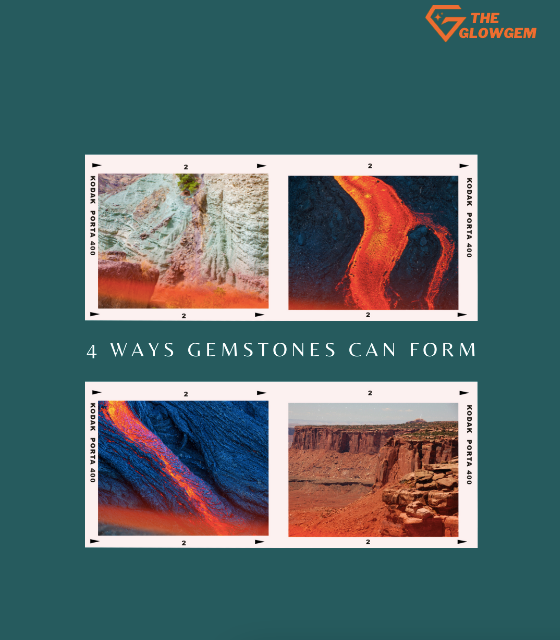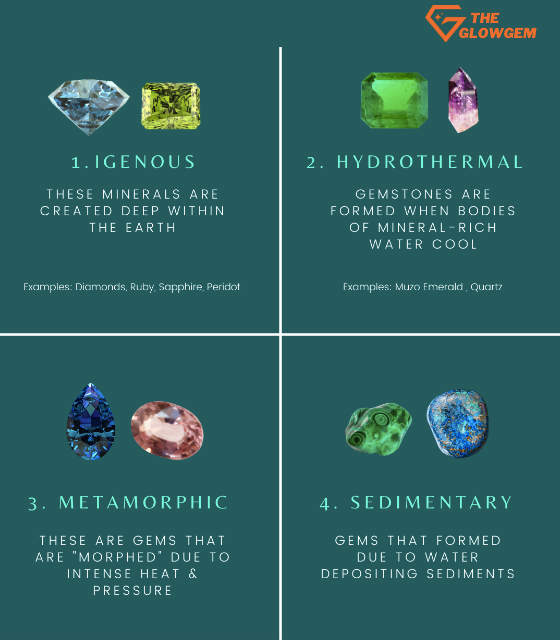

In nature, crystals can form when
liquid rock, called magma, cools. 🌋
If it cools slowly, then crystals may form. 🔮
Many valuable crystals such as diamonds, rubies, and emeralds form this way!
Browse through our comprehensive assortment of gorgeous loose stones to see our incredible selection available in many sizes, shapes, and colors. 🗺
Most gems form naturally as minerals
within the Earth. 🌏
Most form as crystals, solids whose atoms are arranged in highly ordered repeating
patterns called crystal systems. ❄️
Learning about the geological processes involved in gem formation will help you
understand some of the properties they’ll encounter in gemstones. 💎
Check out the four ways how gemstones can form!
Browse through our comprehensive assortment of gorgeous loose stones to see our incredible selection available in many sizes, shapes, and colors. 🗺


Gemstones are the product of our earth. 🌏 Some gemstones, like diamond & zircon, were formed deep in the earth and brought to the surface by explosions of molten rock. 🌋 Many, like topaz, tourmaline, and aquamarine, crystallized slowly from hot fluids and gases as they cooled and solidified, far below the surface of the earth. 💎❄🌬 Others formed from liquids filtered into cracks and pockets in rock, like Australian opal. 💦 Some, like garnet and jade, formed when rocks were heated and pressurized by the earth's movements, and recombined to form new, different minerals! 😁